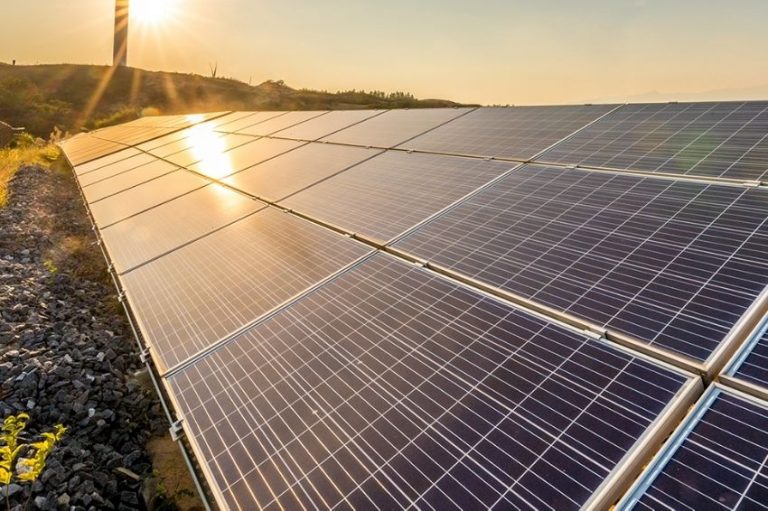No matter how much we try to deviate, the topic of 2020 and part of 2021, at least so far, is the pandemic. And one of the subtopics that drew the most attention was the race, since last year, to develop a vaccine against Covid-19.
A vaccine had never been developed with less than four years of laboratory studies and field tests. On average, this process lasts ten years.
Vaccines against Covid-19, already with a considerable volume of applications in other countries and now arriving in Brazil, have been and continue to be developed during the pandemic, around 12 months now.
Knowledge about the coronavirus and the infections it causes, severe acute respiratory syndrome, has existed since 2003.
Sars-Cov 2, which causes Covid-19, emerged with full force at the end of 2019 in China and spread very quickly throughout the world, affecting millions of people and causing an absurd number of deaths.
The world has been trying to learn from what is perhaps the biggest health crisis in history, with repercussions that hit production and the economy with a force never seen before. But if we try to learn, something will stick.
A lesson that all sectors can absorb is that sharing information, as occurred among the different countries that rushed to develop an immunizer, can be decisive for the success of the endeavor. Massive investments enter into this equation, without which development would not be possible.
The need, knowledge and efforts led to the success in creating the vaccine, probably the biggest “case” of innovation in the 20/21 biennium.
And when it comes to innovation, the solar energy sector stands out. With the development of new solutions, with more affordable prices, the sector shows that the interest in use, the emergence of financing lines and the participation of a greater number of people, reduces costs on a scale and allows the sector to advance.
Proof of this is that from 2012, when it commercially emerged in Brazil, until today, solar energy has had its price reduced by 80% – from US$ 100 MWh to around US$ 20.
Brazil has been standing out in the race for cleaner and cheaper solar energy. In 2020, installed capacity jumped from 4.6 GW to 7.5 GW, with emphasis on the increase in systems considered small scale, such as those installed on roofs, building facades and small plots of land, known as DG (distributed generation). , with an increase of 2.2 GW. The number is estimated to reach 12.6 GW this year.
In terms of investment, around 80% of the R$ 13 billion came from distributed generation projects. The projection for 2021 is that self-generation will attract an additional R$ 17.2 billion, equivalent to 76% of the R$ 22.6 billion estimated for the entire sector by ABSOLAR (Brazilian Photovoltaic Solar Energy Association).
It may seem unfair to compare the development of a life-saving vaccine with the improvement of the solar energy sector, but both are fueled by innovation. This seems to be the fuel for humanity to survive in a more comfortable world in every way.
The moment solar energy stops being seen just as an ecological solution and starts to be seen en masse as an economic solution, the sector, through innovation, will be able to develop ways to make the concept and practice more accessible and Thus, by exchanging information and directing investments correctly, we develop as a whole.

















